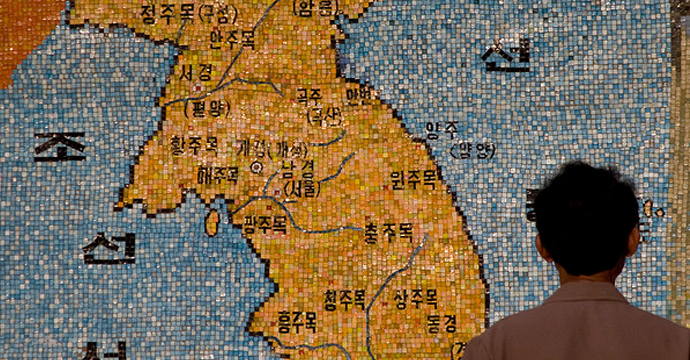About the Author
Michael Madden
Michael Madden is an NK News Pro leadership specialist and the sole author and editor of the website NK Leadership Watch.

Get behind the headlines
|
Analysis Analysis: North Korea’s proposed special economic zonesNorth Korea invites investments for special economic zones  The DPRK convened what it called an International Conference on SEZ (Special Economic Zone) Development at the Yanggakdo Hotel in Pyongyang from October 16 to October 17, 2013. The conference, organized by the Korea Economic Development Association and which included at least one foreign organizer, Professor Park Kyung-ae of the University of British Columbia in Vancouver, gathered 60 DPRK specialists along with academics from the China, India, Vietnam, the United States, Canada and Malaysia (which has a visa-free travel agreement with the DPRK). The conference is linked to Kim Jong Un’s efforts at modifying the DPRK’s economic policies and increasing foreign trade and foreign direct investment. In 2012, according to an August 2013 report by Dong-A Ilbo, Kim Jong Un allegedly remarked that “as a state, have worked even without a right economic development strategy for several decades. We should make a new method of economic management befitting actual circumstances to restore the people's living standard," adding "if the people like it, it is right and we should continuously develop it." © Korea Risk Group. All rights reserved. |